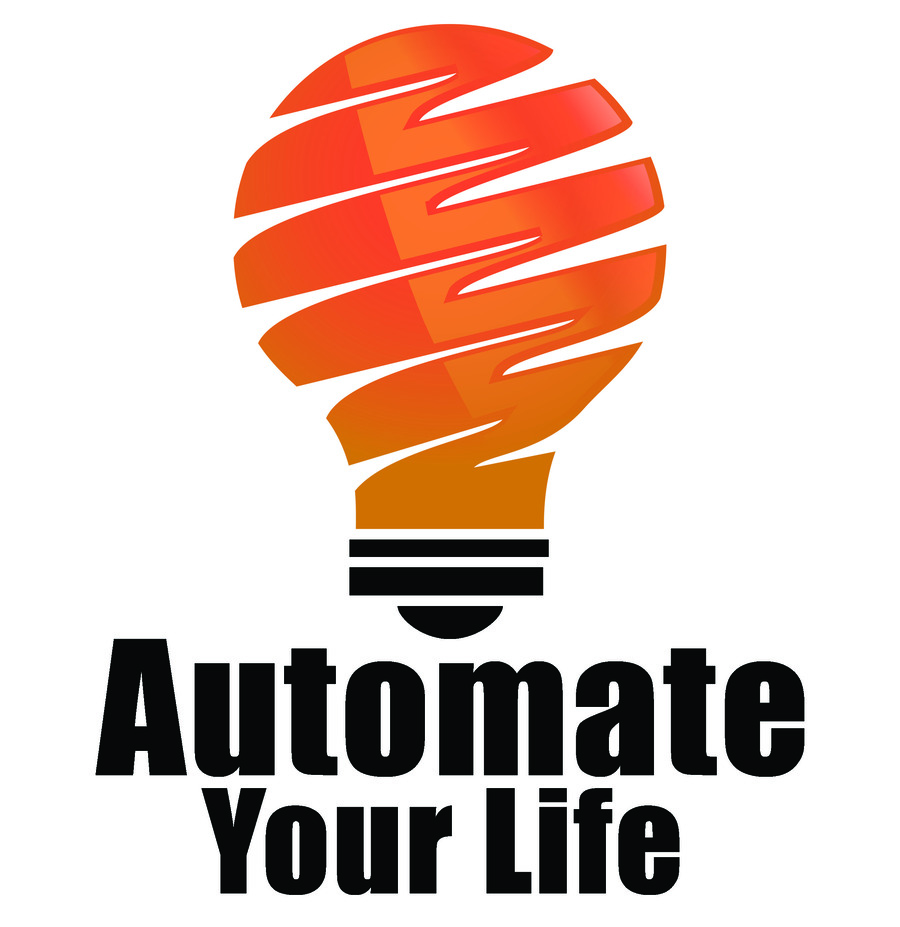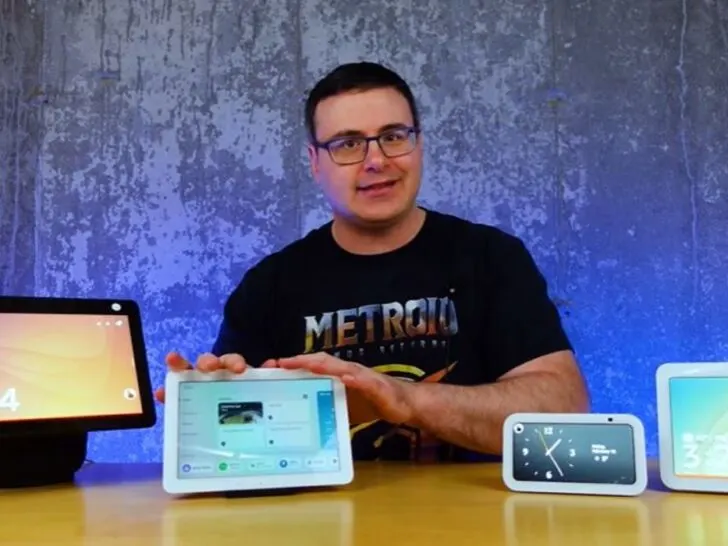Many homeowners are prioritizing the safety and security of their homes. Thanks to technological advancements, setting up a comprehensive home security system has become more accessible and customizable than ever before.
One exciting feature that homeowners can explore is the automatic display of camera feeds when motion is detected around the property.
Today, I will tell you how to set up this feature using the Amazon Echo Hub, offering step-by-step instructions and insightful tips for maximizing your home security setup.

By continuing to use this website you agree to our Terms of Use. If you don't agree to our Terms, you are not allowed to continue using this website.
Automatic Camera Displays
As someone approaches my home, a screen automatically lights up, displaying live feeds from different cameras strategically positioned around my property.
This setup allows me to monitor the surroundings in real-time, providing me with multiple viewpoints and ensuring top-notch security for my home.
This feature not only offers peace of mind but also provides convenience and flexibility in managing my home security system.
To create an automatic camera display setup, you’ll need the following components:
- Amazon Echo Hub or Echo Show: The central device responsible for displaying camera feeds and executing commands.
- Smart Cameras: These cameras should be compatible with Amazon’s voice assistant application and capable of streaming live footage to the Echo Hub.
- Outdoor Motion Sensors or Video Doorbell: Optional components that can trigger the camera display when motion is detected or the doorbell is pressed.
Setting Up the System
Install and Configure the Amazon Echo Hub
You should start by setting up the Amazon Echo Hub or Echo Show in your home.
Follow the manufacturer’s instructions to connect the device to your Wi-Fi network and complete the initial setup process. Make sure that the device is registered and functioning correctly within the Amazon Alexa app.
Connect Smart Cameras to Amazon’s Application
Next, integrate your smart cameras with Amazon’s Alexa app. Navigate to the “Skills & Games” section within the app and search for the manufacturer of your cameras.
Enable the corresponding skill and provide the necessary credentials to link the cameras to your Amazon account.
Create Custom Routines
Utilize Amazon’s routines feature to create custom commands that trigger the display of camera feeds.
Start by selecting the event that will initiate the routine, such as motion detection or doorbell press. Then, specify the action to open the multiview display on the Echo Hub.
Customize Routine Parameters
Fine-tune your routines by adding time and volume conditions to control the duration and audio output of the camera display.
Adjust settings to match your preferences and optimize the system’s performance. Test the routines to ensure they function as intended.

Optimizing Camera Selection and Display
Grouping Cameras
Organize your cameras into groups within the Alexa app to streamline the selection process.
By creating groups based on location or function (e.g., front yard, backyard), you can easily specify which cameras appear on the multiview display.
Choosing Camera Placement
Strategically position your cameras to maximize coverage and effectiveness.
Consider factors such as visibility, range, and potential blind spots when determining the placement of each camera. Aim for comprehensive surveillance without compromising privacy.
Selecting Compatible Devices
Choose smart cameras such as Ring, Tapo, Google Nest, and Philips Hue. These brands offer a range of smart camera options that users can consider for their home automation setups.
That seamlessly integrates with Amazon’s voice assistant and offers features like person detection and rapid response times. Research different camera models to find ones that meet your specific needs and preferences.

Troubleshooting Connectivity Issues
If you are encountering any connectivity issues, such as noticing delays in camera feeds or experiencing inconsistent performance, I recommend thoroughly assessing your Wi-Fi network.
Start by checking the placement and orientation of your routers and access points to ensure optimal coverage throughout your home or office.
You may also want to consider using Wi-Fi range extenders strategically placed to improve signal strength in areas with poor coverage.
Additionally, evaluating the number of connected devices and potential sources of interference can help identify and resolve connectivity issues.
Conclusion
- Implementing an automatic camera display system using the Amazon Echo Hub can significantly enhance your home security capabilities.
- By following the steps outlined in this guide and optimizing your setup, you can enjoy peace of mind knowing that your property is well-protected.
- Remember to regularly review and update your security measures to adapt to changing circumstances and technology advancements.
- With the right tools and strategies in place, you can create a safer and more secure environment for you and your family.

